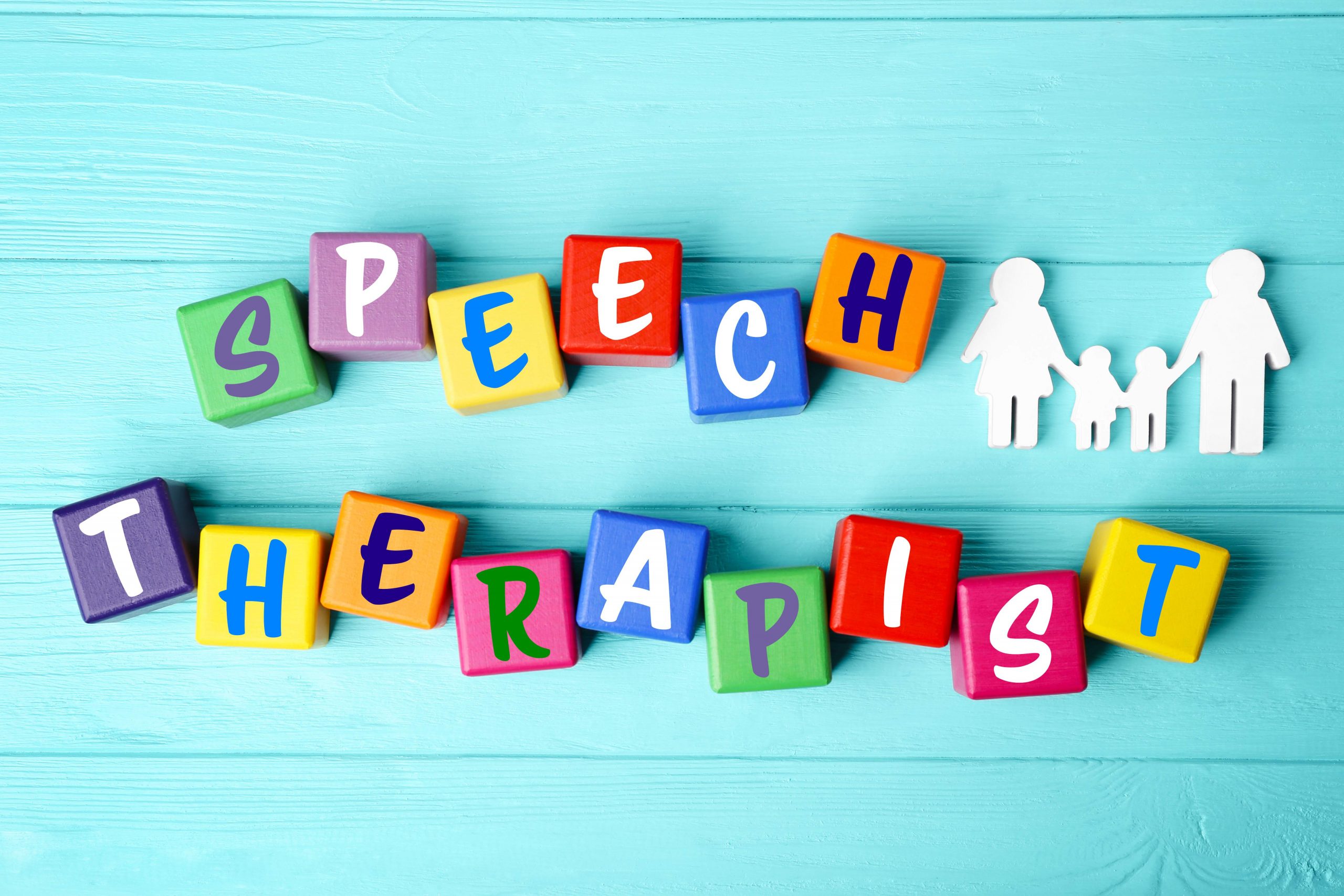
As a Speech-Language Pathologist (SLP), you’ll sure to have an incredibly rewarding career. An SLP has the opportunity to work in various settings, including schools around the country. SLP school positions may be within on one campus, traveling throughout a district, or remote. No matter the setting, you’ll be helping people improve their communication skills and give them the tools they need to become more independent throughout their lives.And you get to enjoy all of this with the peace of mind that you’re working in an incredibly stable industry. In fact, the Bureau of Labor and Statistics expects SLP jobs to grow by as much as 25%(!) over the next ten years.
Of course, as with all good things, becoming an SLP requires work. While it won’t happen overnight, this career path is a worthwhile goal that you can make a reality. Here are our five major steps on how to become a speech pathologist:
1) Complete the Relevant Undergraduate Program
If you want to work as an SLP, you should first complete an undergraduate program in Communication Sciences and Disorders (CSD). An undergraduate degree in CSD provides a solid understanding of statistics and the biological, physical, and behavioral sciences. That way you’re set-up for the smoothest transition possible to a CSD master’s program. If your undergraduate degree is not in CSD, you can still work toward becoming an SLP. You’ll just need to complete certain prerequisites before moving on to Step 2.
2) Complete a CAA-Accredited Grad Program in CSD or Speech-Language Pathology
- With your bachelor’s degree in hand, you can begin earning your graduate degree. You’ll need a graduate program that has one of these titles: MS Speech-Language Pathology
- MS Communicative Sciences and Disorders
- MS Communication Sciences and Disorders, with a specialization in SLP
Each of these will include both supervised clinical experiences and academic work. In many cases, you can choose to incorporate research-related activities into your program. Just be sure that your graduate degree comes from a program accredited by the CAA (or Council on Academic Accreditation in Audiology and Speech-Language Pathology).
Prerequisites and Admission Requirements
Before starting a graduate program, you must fulfill all prerequisite courses.
Additional admission requirements may include GRE scores, an admissions essay, a minimum GPA of 3.0, and recommendation letters.
3) Complete a Post-Graduate Fellowship
During your clinical fellowship, you’ll utilize all you’ve learned and gain hands-on experience. This invaluable experience It will give you the knowledge you need to pass the SLP national exam and obtain your state licensure.
Most states require your post-graduate fellowship to:
- Be at least 36 weeks long
- Involve at least 80 percent direct clinical contact
- Be mentored by an ASHA-certified SLP professional
Keep in mind that many (soon-to-be) SLPs will need to apply for a temporary license before they start their post-graduate fellowship. You can obtain this temporary license through your state’s SLP and audiology board.
4) Pass a National Exam in Speech-Language Pathology
Your national exam- The Praxis II: Subject Assessment in Speech-Language Pathology- was created by The Educational Testing Service (ETS). You’ll need to register with the ETS, during which time you can choose the date and location for your exam. While most soon-to-be SLPs take the Praxis during their clinical fellowship, you’re free to take it any time after your graduate program.
Most states require a minimum score of 162 to pass, so just be sure you’re prepared to reach that goal. The exam will cover the following topics:
- Foundations and Professional Practice
- Screening, Assessment, Evaluation, and Diagnosis
- Planning, Implementation, and Evaluation of Treatment
5) Obtain State Licensure as a Speech-Language Pathologist
According to the American Speech-Language-Hearing Association, you must have a license to practice as an SLP in all 50 states and the District of Columbia. To obtain your state licensure, you’ll submit an application to the proper licensing authority along with these documents:
- Praxis exam scores
- Graduate degree transcripts
- Results from your criminal background check
- An application fee
Some states also require prospective SLPs to pass a state legal theory exam and complete a course on HIV/AIDS, so be sure to check with your state to see if these requirements apply to you.
Is continued education required?
Yes. You must complete the required number of continuing education requirements for your state. You will complete these requirements during your renewal period.
Continuing education varies from state to state, so you must check with yours to learn the exact requirements.
6) (Optional) Consider Applying for Professional Certification
Congratulations! After completing the above five steps, you’re able to work as an SLP.
Some SLPs choose to take their careers one step further and earn a Speech-Language Pathology Certificate of Clinical Competence (CCC-SLP). This step is completely optional, but a great option for those seeking:
- Career advancement
- Salary supplements
- Professional credibility
- Job mobility
To qualify for this certification, you must:
- Obtain a master’s or doctoral degree from a CAA-accredited institution
- Complete a 36-week clinical fellowship that’s mentored by an ASHA-certified SLP professional
- Pass the Praxis II: Subject Assessment (as discussed in Step 4)
You must also submit these documents as part of your application for certification:
- Your official transcripts (these need to be sent by your CAA-accredited institution)
- Your passing exam score, which ETS sends directly
- A report and rating form from your clinical fellowship
Of course, you’ll want to offer your students/patients the most current findings and research, so your certification will require ongoing education. You’ll need to complete 30 professional development hours every three years in order to maintain your CCC-SLP.
The Bottom Line on How To Become a Speech Pathologist
Becoming an SLP is not a quick, nor easy path. It will take work, but it offers even greater rewards. You’ll have the opportunity to work in a stable industry, with flexibility for your lifestyle, and you’ll empower others to better communicate and gain freedom. If you’re interested in seeing what kind of SLP Jobs are available right now or more on how to become a speech pathologist, visit epicspecialeducationstaffing.com. An incredible future awaits you!
Useful Resources:
Epic Special Education Staffing SLP Jobs



